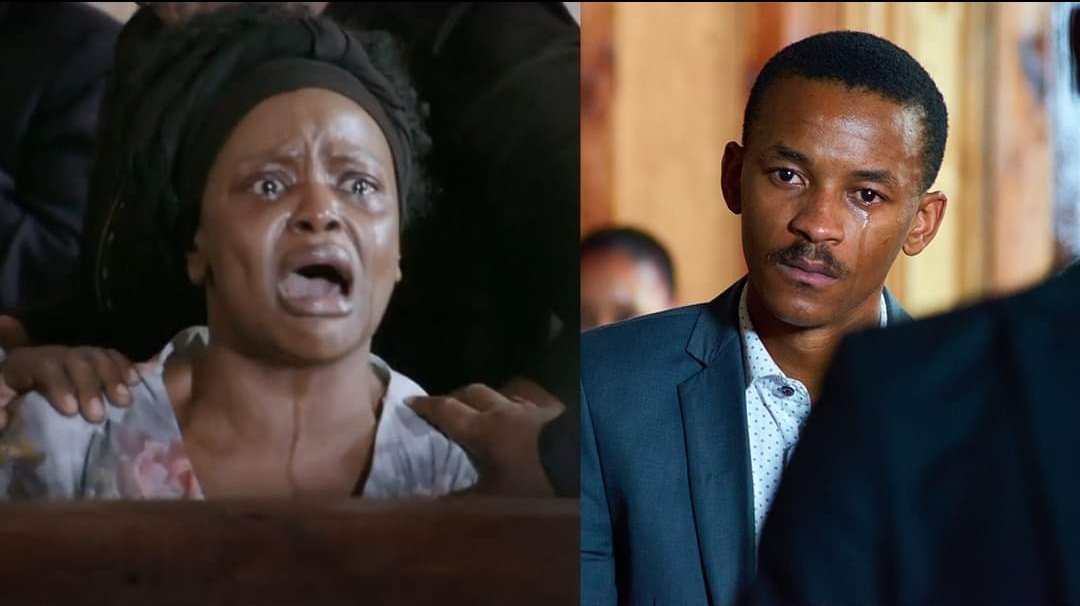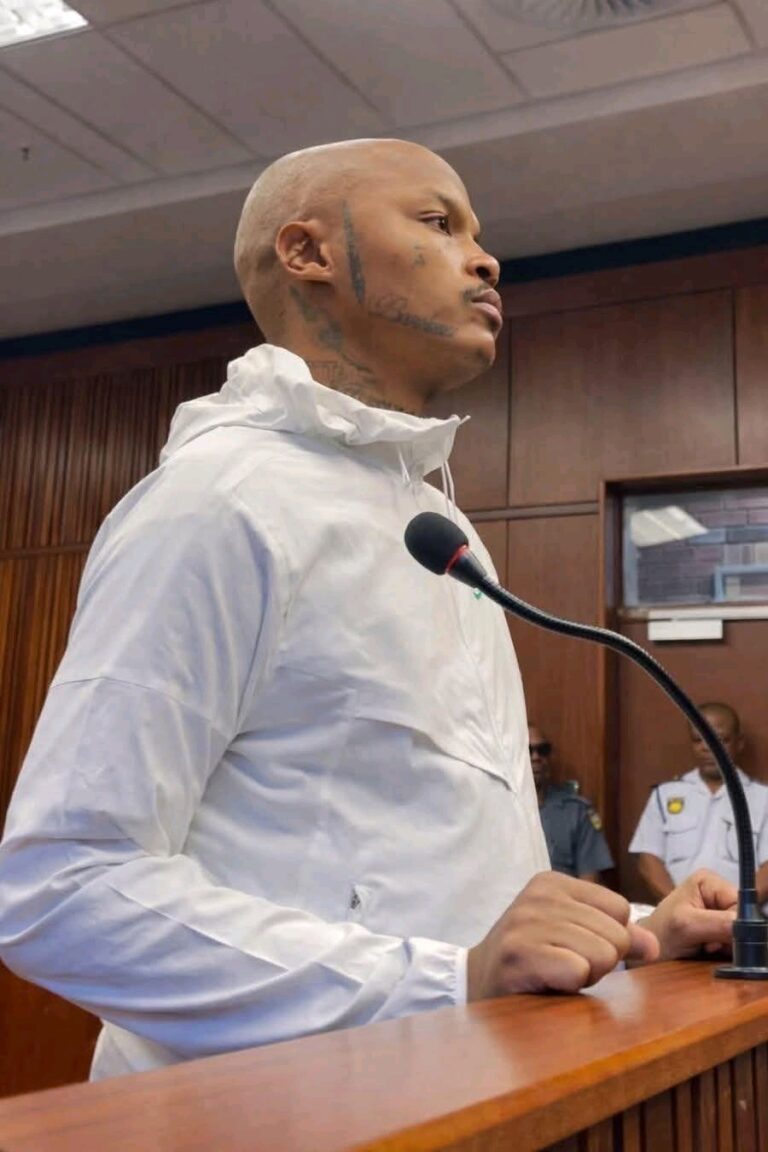
The recent storyline from *Skeem Saam* has sparked heated discussions about gender dynamics, the justice system, and the challenges men face in South Africa. The episode in question portrays a man sentenced to 15 years in prison after being accused of rape by a woman who, according to the narrative, allegedly regretted their consensual encounter and cried rape. This has led viewers to reflect on the complexities of false accusations and the perceived imbalance in how the law is applied when it comes to cases of sexual misconduct.
In the episode, the man was deceived into believing that the woman was a university student. She was the one who initiated the encounter, and yet when she regretted her actions, the situation escalated into a serious accusation of rape. Watching the magistrate hand down a 15-year sentence left many viewers stunned, sparking emotions and conversations around the treatment of men in similar situations in real life.
The phrase “15 years in prison… for what?” resonated with many viewers. It raises questions about the harsh realities men face when accused of sexual misconduct, especially when the circumstances are ambiguous, and their version of events is less likely to be believed. This has reignited debates about the broader societal issue of false accusations and the lasting impact such claims can have on men’s lives.
While it is essential to acknowledge the seriousness of sexual violence and the need for a legal system that protects victims, many argue that the portrayal in *Skeem Saam* reflects a larger concern in South African society: the belief that the justice system disproportionately favors women in cases of sexual misconduct. This is often tied to the idea that when a woman accuses a man of sexual assault, society and the courts are more inclined to believe her, regardless of the evidence. The imbalance of power that this perception suggests has led some to feel that men are unfairly judged or harshly treated by the law.
The discussion around false rape accusations is a sensitive and complex one. While false claims are statistically rare, the emotional and psychological toll they take on the accused can be devastating. Men who are falsely accused often face social stigma, professional ruin, and, as seen in the episode, lengthy prison sentences. It’s a harsh reality that reinforces the idea that men, too, are vulnerable and can have their lives destroyed by accusations, regardless of the truth.https://x.com/Ronewa_Mathephe/status/1846616407875690835?s=09
That being said, it is important to strike a balance in addressing these issues. While there is a valid concern about the impact of false accusations on men’s lives, we must not lose sight of the fact that the majority of sexual assault cases are legitimate and deeply traumatic for the victims involved. Any conversation around justice and fairness must account for both sides of the issue—ensuring that victims are protected while also safeguarding the rights of those who are accused.
The episode of *Skeem Saam* has undoubtedly brought these issues to the forefront, leaving viewers grappling with difficult questions about justice, fairness, and the gender dynamics that play a role in both societal and legal judgments.






